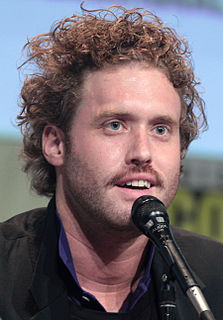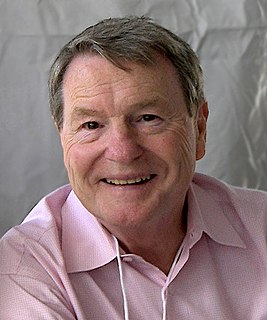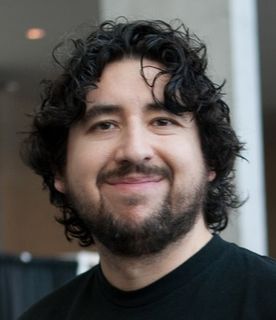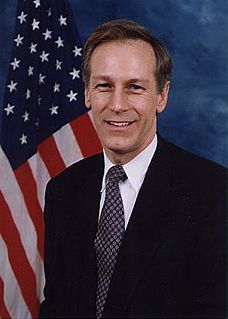A Quote by Andrew Ferguson
It is one of the paradoxes of journalism: The more servile a reporter is toward his sources, the more authoritative he can appear in print.
Quote Topics
Related Quotes
I think what you have to do in print is to create even more memorable images and more memorable pieces because what one consumes online or in social has a much shorter shelf life, so to speak, so what print has to have is no more weight, but it has to be something that you can't find so easily online. It has to really stand for print.
The print magazine and print journalism industry is obviously in a great deal of trouble, and one of the things that happened when this business started to give way to the Internet and to broadcast television is that a lot of organizations started cutting specifically investigative journalism and they also started cutting fact-checkers.
I started as a print reporter. I’m a journalist and that’s what I do. My function is an anchorperson, but it’s in a journalism context, and gravitas and coats and ties and haircuts and all that sort of stuff, I’ll leave to others. My thing is just to do my job the best way I know how and as I say I’m very fortunate to be able to do it the way I want to do it.
Policemen and security guards wear hats with a peak that comes down low over their eyes. Apparently this is for psychological reasons. Eyebrows are very expressive and you appear a lot more authoritative if you keep them covered up. The advantage of this is that it makes a lot harder for cops to see anything more than six foot off the ground. Which is why painting rooftops and bridges is so easy.
I was in the journalism program in college and had some internships in print journalism during the summers. The plan was to go to Columbia University Graduate School of Journalism to learn broadcasting after I graduated. I was enrolled and everything, but ultimately decided that I could never afford to pay back the loan I'd have to take out.
































